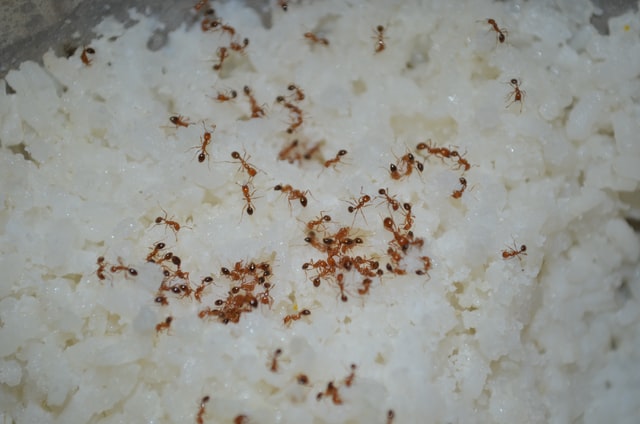The Effect of Composting to the Environment
Food scraps and yard trash, such as raked leaves, are combined to make compost. It aids plant growth when added to the soil.

Around a third of the food produced worldwide goes to waste, with much of it ending up in landfills, where it produces methane, a greenhouse gas that is comparable to carbon dioxide because of its 25 times increased potency.
The ultimate solution is to eliminate waste, but there will remain. Composting is a simple method that almost everyone can implement. One of the ways of preserving the environment via recycling.
Effect of Composting on the Environment
Here are some of the impacts of composting on the environment:
1-Reduce Landfill Emissions
Composting, when done on a wide scale, can help to reduce emissions. San Francisco, which made composting mandatory in 2009, can able to remove 80 percent of its garbage from landfills each year, totaling more than 2.5 million tons.
2-Makes Soil Healthier
The organic matter present in compost improves bad soils when piled on top of it on the farm or garden. It also aids in the binding of soil particles and the retention of more water.
3-Good Soil Binder
Plant development is aided by better soil, which aids to sequester carbon coming from the atmosphere.
4-Cuts Down the Use of Fertilizer
Fertilizer and pesticide use are reduced as a result of stronger, nutrient-rich soil, which are both pollutants that are often created via destructive mining processes and have a large carbon footprint.

